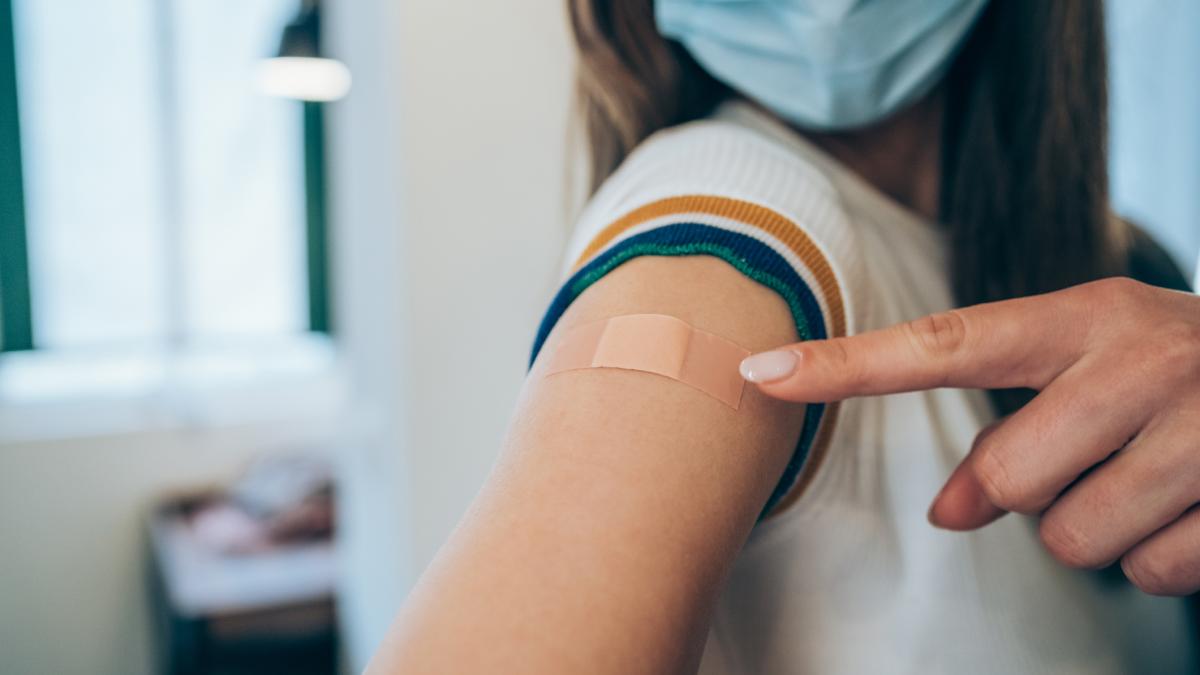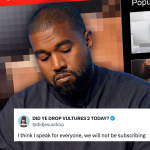
Yet to book in your third dose? If you’re putting it off because you don’t reckon you need it, or you think Omicron isn’t that bad, that’s coming from a place of privilege. So, check that, because you’re doing your overall community a disservice.
We’ve chatted to three people who live with a disability or compromised immune system to find out what everyone getting a third dose would mean to them.
Looking back
Let’s take stock of the context to start with. While some of us spent seven days of summer stuck inside with the spicy cough before bouncing back quickly, some people, like Uli Kaplan, lived in constant fear.
“The last few months with the Omicron variant have been scary because I have been in constant fear of an invisible thing that could kill me,” he says. “It feels like I can’t get a break because when one wave is over, you get used to the numbers coming down and you think finally it might be over, then another wave comes up that’s worse than the last.”
And given how easily Omicron could be caught, Uli says it’s been a really mentally taxing time.
For disability and human rights advocate, Ms Tricia Malowney OAM, who has a disability and a chronic lung disease, leaving the house is reserved for exercise or medical appointments.
“The Omicron COVID-19 wave has been pretty good for me,” she explains. “I have been able to continue to work from home, people have been required to wear masks, and they have been more mindful of social distancing.”
But as restrictions start to ease, how will that impact those in the community living with a disability or compromised immune system?
Going forward
Zoe Snell has an autoimmune disease and would like to see people continuing to take COVID-19 seriously as we move into a phase of fewer restrictions.
“This notion that it’s all behind us because restrictions have eased can invite a faux sense of safety,” Zoe says. “Restrictions were such a visual cue of the pandemic, you’d walk down the street and it would be a ghost town and just because that may no longer be the case, it doesn’t mean it’s all over. I think people need to continue to consider their health and those around them, and continue to wear masks and social distance. Unfortunately, just because we can dance again, it doesn’t mean the virus is gone.”
Some disabilities and chronic illnesses are invisible. So, Uli would like to see Aussies be considerate as we move into this new period.
“Yes, the world is going back to normal and COVID-19 is slowing down, but for people like myself, we will not be safe until it is completely gone. We cannot become complacent, so please wear a mask and sanitise your hands. If you don’t want to do that, then again, I respect you but please don’t give a judgmental look to someone that might be wearing a mask,” Uli says.
Tricia echoes this sentiment, advising that many people who have a disability have a compromised immune system, so others should still take note of social distancing and wear masks where required.
What third doses mean
For Tricia, who is only planning on going to events that require everyone to be double-vaxxed and masked up, everyone getting their third dose would give her a feeling of confidence when leaving the house.
For Uli, while the third dose provides some reassurance, he still needs to be vigilant.
“Everyone in Australia getting their third dose means that I can relax and not have so much anxiety. You might think that’s how we all feel. But for me, if I was to get this with my lung condition, any COVID-19 variant would most likely kill me,” he explains.
Zoe had to wait a while to get her second dose because of the medications she was taking, and it was the fully-vaxxed people around her that gave her peace of mind.
“It felt safe knowing they were taking the steps to protect not only themselves but people like me who couldn’t get vaccinated,” she explains.
Now, triple-vaxxed herself, she’s just bloody excited to see everyone getting their third dose.
“It’s really great to see that level of protection in the community ramping up. I know a lot of people have vaccine fatigue and don’t consider the third dose essential like the first two were, but I think it’s really important to do what you can to keep yourself and your neighbours safe.”
What else can we do?
We’re not in the business of just ticking a box. So, what else – third dose aside – can we be doing to support those with a disability or compromised immune system? Uli recommends getting to know people with a disability or chronic illness.
“Speak to them if they feel comfortable doing so, and of course, go in with an open mind. If you don’t understand, that’s fine, go away, think and reflect,” he notes. “But please never feel sorry for us because, for some people, that makes us feel like we are less.”
Tricia explains that all she needs is for people to take a bit of notice of other people’s conditions.
“Not every person with a disability needs assistance and it would be good if people speak to us as equal citizens,” she explains. “Employing us alongside others on an equal basis to give advice would help. I know many people who could work in the health space and give qualified advice.”
If you had your second dose over three months ago and you’re over the age of 16, you’re due for your third dose right now, my friends. For those in Victoria, suss it all out and book at a vaccination centre, local GP or pharmacy, online, here. For the rest of Aus, check it all out, here.



